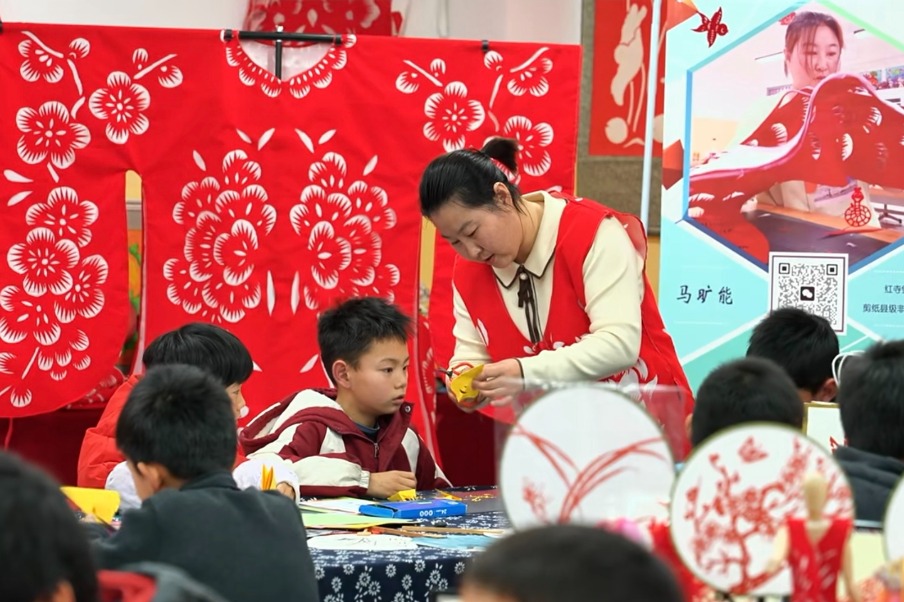Traditional Chinese Medicine Law implemented effectively


BEIJING -- The Law on Traditional Chinese Medicine (TCM) has been implemented effectively since its release on July 1, 2017, according to the State Administration of Traditional Chinese Medicine.
Five supporting policies on TCM have been stipulated, providing solid regulations to carry out the law, Yu Wenming, head of the administration, said at a symposium held by the administration in Beijing.
TCM has been incorporated into the national economic and social development plans by local governments, and 28 provinces have started formulating local TCM regulations. North China's Hebei province has completed and enacted the regulation, Yu said.
According to Yu, TCM management systems in provincial regions have been enhanced over the past year, with TCM administrations established in prefecture-level cities in the provinces of Gansu, Zhejiang and Jiangxi.
Fiscal investment in TCM has increased remarkably in the provinces of Jilin, Zhejiang and Fujian, Yu added.
By the end of June, the country had 3,536 registered TCM clinics.
- Stanford University economist praises progress in China's rural health system
- China's Red Cross boasts 3.5m registered volunteers and 34,000 service organizations
- Chinese gamer recreates Old Summer Palace in Minecraft
- Taiyuan ski resort reflects thriving ice-snow economy
- Lhasa's dancing yak mascots become online sensation
- China's postal services deliver 12.9% growth in Jan-Nov





































